The end of your life will reveal whether you knew who you were
09/05/13
The end of your life will reveal whether you knew who you were Continue reading ...
Tough Time for Realists
06/12/12

I have always thought that our modern world tends to fit certain ipersonic personality types rather more than other profiles. Ursula Huber’s lead article in the recent “Psychologie Heute” (Psychology Today) again reminded me of this subject and in a way confirmed my reflections. In her intro she writes: “The world is an uncertain place. One cannot depend on anything any longer: not on the Euro, not on love, not on politicians, not on job security.” And she quotes the psychologist Ernst-Dieter Lantermann at Kassel University who summarizes: “ Modern living conditions are precarious living conditions.”
Continue reading ...
How to Dominate your Inner Drivers
04/06/12
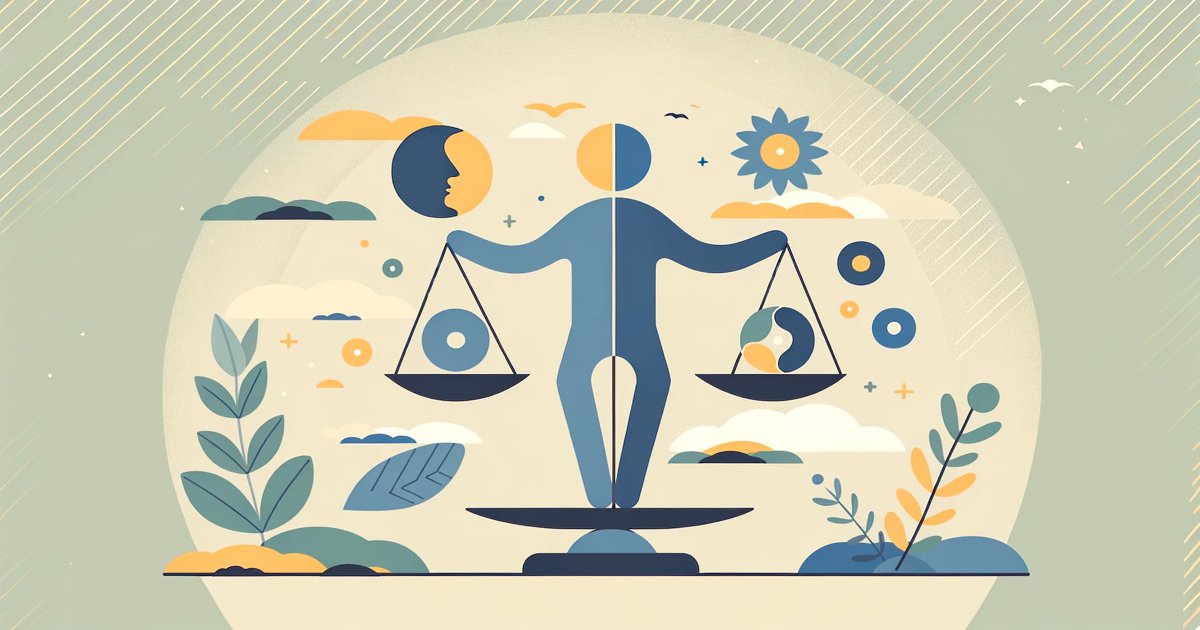
You may still remember the blog posting where I introduced you to the five inner drivers defined by the transaction analyst Taibi Kahler as being typical for human self-control. Today the subject will deal with enabling you to put your personal inner drivers in their place when they tend to overdo driving you.
Continue reading ...
Communication Skills Part 1: You don’t hear what I say . . . or vice versa
21/05/12
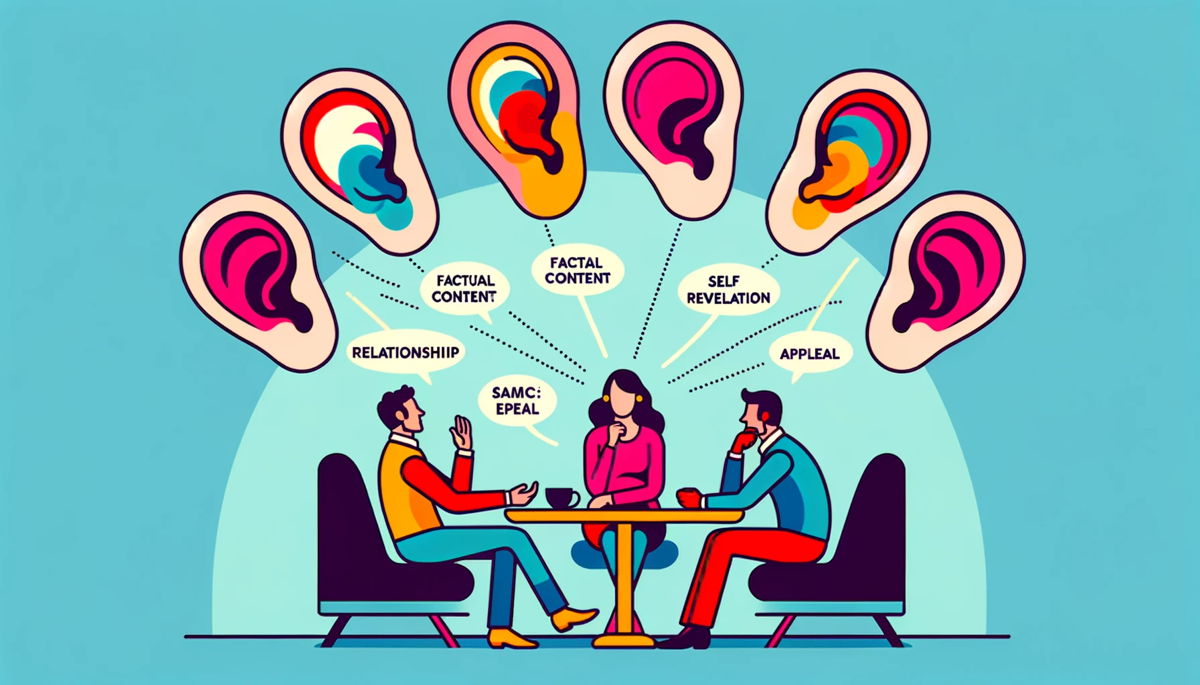
Just as there are different personality types, there are naturally different ways to communicate. An extroverted person talks a lot, preferably about him/herself, easily establishes contact and generally has no problem to assimilate lots of information. An introverted person, on the other hand is more reserved, does not reveal a lot of him/herself and tends to retreat in the face of too much exterior stimuli. Over time, in the course of this blog we will deal with communications idiosyncrasies of the different types. There are two objectives: First of all it helps to recognize how someone prefers to communicate because then one is able to adjust to his/her respective style and there is a better chance for a productive exchange. Secondly it is always interesting to analyze one’s own communication strengths and weaknesses and possibly tweak them a little to be more successful in everyday life and become more confident in dealing with others.
Continue reading ...
My Blind Spot - The Difference between Self-Awareness and External Perception
08/03/12
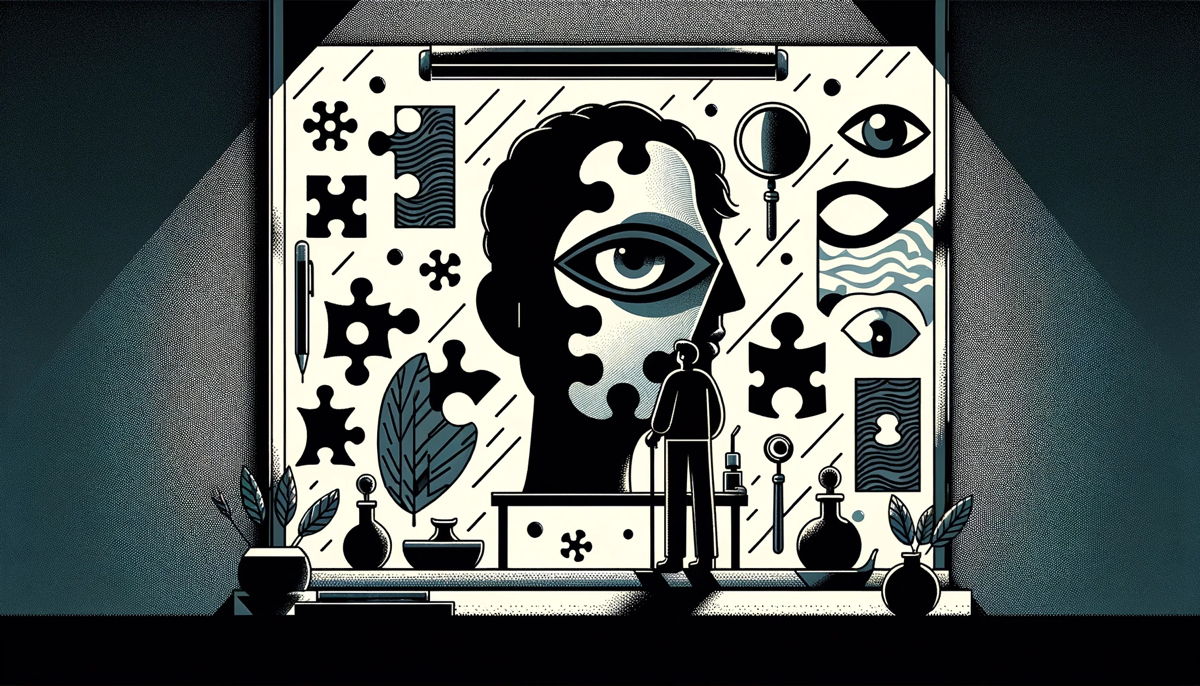
iPersonic continuously deals with the question of one’s own personality and identity and how we see others and ourselves. This represents the intriguing question as to how much and to what extent we are even capable of truly assessing ourselves. Where do we see ourselves as we actually are and how others perceive us? And where may we possibly even be incapable to see ourselves as we really are?
Continue reading ...
Are introverted and extroverted Partners a Match?
07/02/12
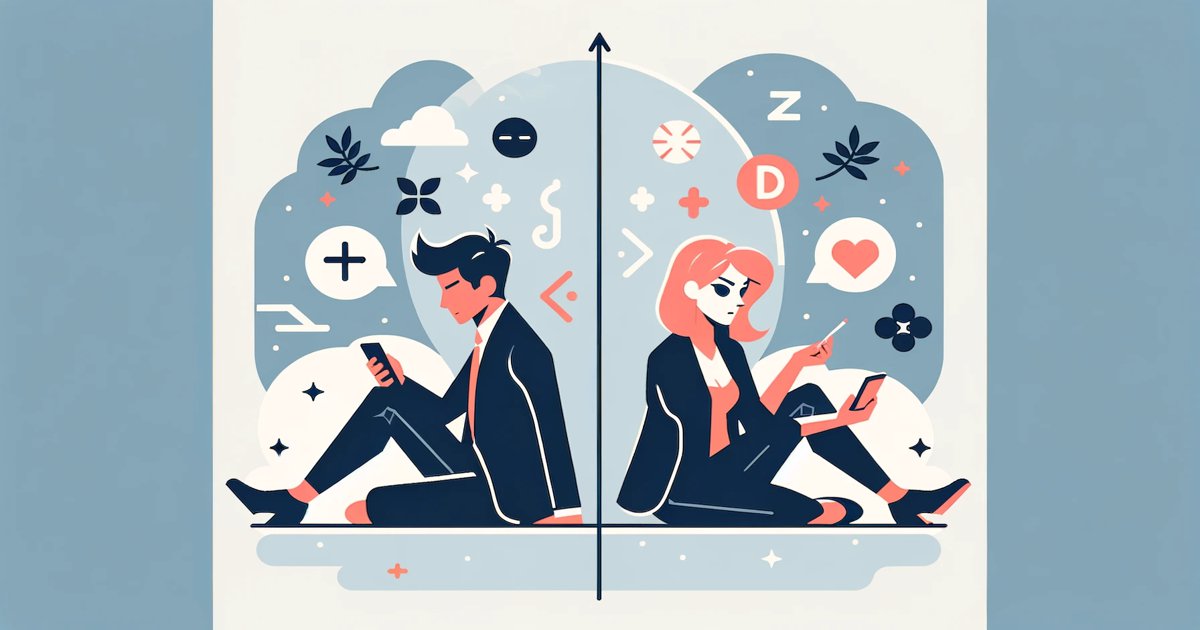
Relationships between extroverts and introverts are not all that rare. Seriously, it can work - even in long term relationships. Continue reading ...
What is Personality?
09/01/12

Philosophers, authors and scientists have been challenged since ancient times by the question as to what constitutes human personality. The physician Hippocrates (460 – 377 BC) developed one of the oldest personality models we know. He divided humans into four different temperament types: sanguine, phlegmatic, choleric, and melancholic and attributed not only certain character traits but also the propensity for certain diseases to each of them.
Continue reading ...
Do you know your Drivers?
02/01/12

During the course of my continuing education I recently came across the concept of the so-called „Drivers“ that immediately downright fascinated me. This concept originates from transactional analysis (a theory dealing with the human personality and a related psychotherapeutic procedure). The “Drivers” are a model for inner patterns, one could also call them motivators: they influence our thinking, feeling and behavior. As so many of our inner patterns they also date back to our infancy; they basically represent the voices of external authorities (primarily those of our parents but also those of teachers, other important persons or society in general). Step by step, we tend to internalize the demands and expectations of these authorities to the point where they become an integral part of our very being. Continue reading ...
Are you a Steve Jobs personality?
15/11/11
Steve Jobs was a Groundbreaking Thinker. And what about you? Are you a Steve Jobs personality? Find out! Continue reading ...
Is your Relationship stuck in a Communication Loop?
25/10/11

In case you get your relationship caught in a communication loop, there's good news for you: it can be broken at any time! Continue reading ...
How to make a Borderline Relationship work
23/09/11

Therapies for couples can be a demanding affair all on their own; for the therapist it is frequently like walking on eggshells between empathy and neutrality among the wishes of both partners and the struggle not to be made into an ally in a bad triangle. If one of the two partners is borderliner as well, as a therapist I then feel as if I am dealing with a relationship powder keg ready to explode at the smallest wrong move. Continue reading ...
How Idealists can find Meaning in their Lives
17/08/11

The primary aspiration of all Idealists is self-discovery and self-actualization. If you are an Idealist, life represents one continuous search for a deeper meaning: Who am I? Where am I going? What is my destiny? This already describes the most important pillar of your personal concept of happiness: The meaning of life! Continue reading ...
Idealists need a Vocation, not a Profession
09/08/11

There are for idealistic personality types in the iPersonic Typology: the Spontaneous Idealist, the Dreamy Idealist, the Engaged Idealist and the Harmony-seeking Idealist. You can take our free personality test to find out if you belong to one of those iPersonic personality types. If you do, only a profession that is important and worth your while is going to satisfy you in the long run. The latter was not intended to imply something material. Since you have a profound personal value system and your need for meaning in all areas of life is strong you must make sure that this aspect becomes a part of your professional every day life, as well. A pure bread-and-butter profession you only practice to make a living and without conviction – or, even worse: contrary to your innermost conviction - is a guarantee for unhappiness. Therefore, you should ask yourself whether your today‘s profession satisfies you in this regard or whether there is need for a change.
Continue reading ...
About the iPersonic Personality Test
29/07/11
Our free personality test is extrapolated from a typology which was originally developed by the psychoanalyst Carl Gustaf Jung and later differentiated by Isabel Meyers and Katherine Briggs. Continue reading ...
How to fight procrastination
21/07/09

Whatever you can do today can surely be put off till the day after tomorrow as well … or something like that. Who of us is not familiar with that thought and especially where it concerns something unpleasant, tedious or boring or, to make matters worse, if there are a lot more titillating alternatives begging for our attention. Not a problem if it happens occasionally, just as long as it does not get to be the rule. On the other hand, there are people with whom putting things off has become chronic and in extreme cases manages to mess up their entire life. The technical term for the tendency to continuously postpone things is procrastination; there are folks who actually have to be treated with psychotherapy because they just can’t manage to begin or complete their tasks on time. In those cases writing a dissertation can take years…
Continue reading ...
How the iPersonic Compatibility Color Coding System works
31/03/09
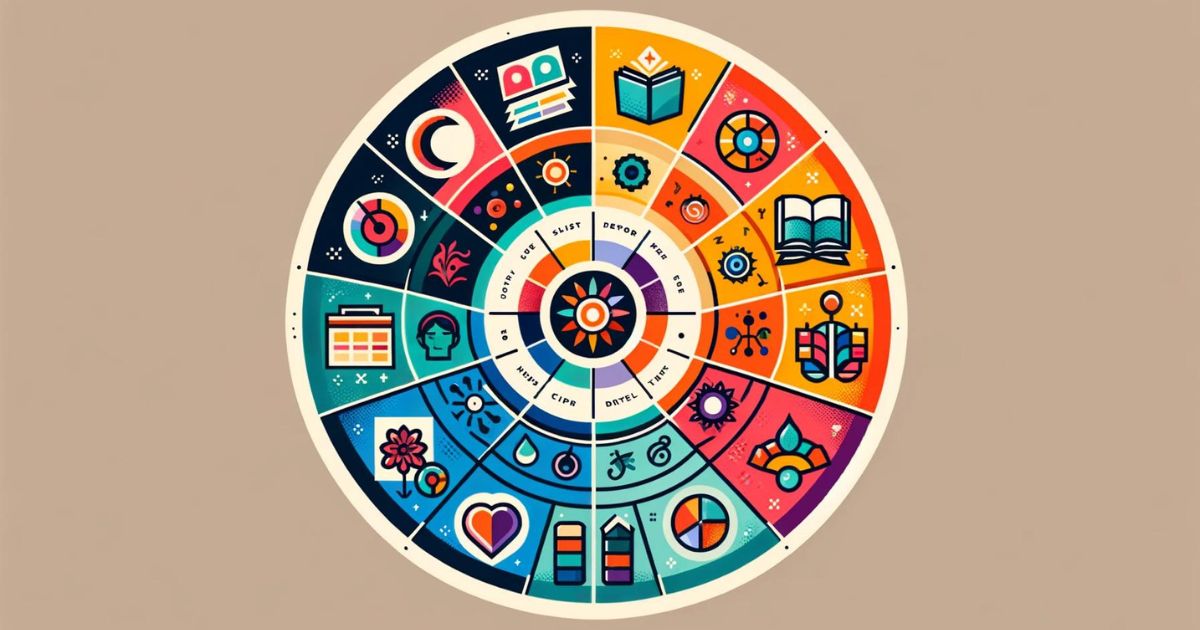
Today a few words about our Compatibility Color Coding System and the principle behind it. You may have already asked yourself: "Why do they claim that similar colors stand for certain personality types that are a good match and what is this all about?" Continue reading ...
Intuition – Knowledge on a Gut-Level
13/03/09

Eight of our sixteen personality types in the third dimension prefer intuition to sensing: All Thinkers (Analytical, Groundbreaking, Independent and Dynamic) and all Idealists (Spontaneous, Engaged, Dreamy and Harmony-seeking). However, what does that actually mean for their every day life? Continue reading ...
Discover your Strengths
03/03/09

As you know, our 16 Personality Types are distinguished by totally different preferences, dislikes and naturally also different strengths (and development potential, but that is not our subject today). For instance, the “Thinkers” are outstanding analyzers who can handle abstract and complex subjects especially well and for whom even the most complicated problem solutions are a breeze. The “Idealists” usually possess a special creativity and a sparkling charisma that frequently make them into gifted artists and fascinating conversationalists. One can only envy the “Doers” for their inexhaustible energy and drive just as for their uncomplicated pragmatism that stands them in good stead during tumultuous times. And nobody has as much staying power and determination where his/her objectives are concerned as the “Realists” who are also blessed with a sound common sense. (You can determine your professional strengths in our free career test). Continue reading ...